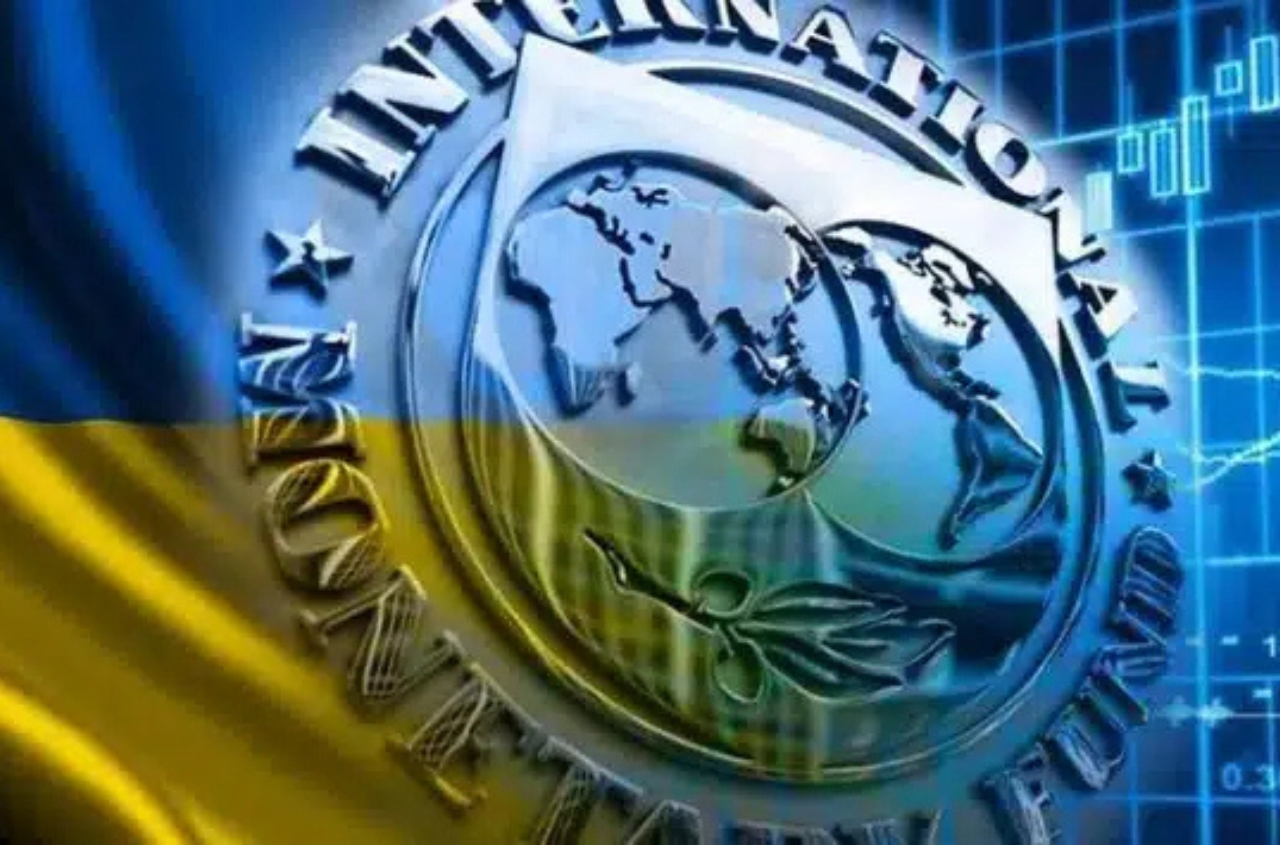Western intelligence and diplomatic sources claim that Iran, Russia, and to a lesser extent, China have intensified their disinformation efforts, using the conflict in Gaza to undermine Western democracies. According to seven sources interviewed by Haaretz, widespread anti-Israel sentiments online are fueled not only by legitimate concerns but also by "inauthentic" activities related to foreign interference.
The conflict in Gaza has become a "thematic foothold" for anti-Western forces to launch attacks on the West. One official noted that the attention given to the war on social media is disproportionately unrelated to pro-Palestinian sentiments and is a result of foreign influence.
This month, the Biden administration began criticizing such campaigns. In early September, the U.S. Department of Justice uncovered Iranian and Russian operations aimed at interfering in the electoral process, which sparked public controversy and questioned the U.S. government's role in global security. One such campaign created tension in the American Jewish community regarding Prime Minister Benjamin Netanyahu's judicial reform, which analysts believe could impact the outcome of the 2024 U.S. presidential elections.
Among the disclosed operations is a campaign called "Doppelganger," initiated by Russian entities, disguised as Western news agencies. This campaign is part of a broader strategy by pro-Russian forces to use the conflict as an opportunity to influence public opinion.
According to U.S. statements, these operations also spread false information about political candidates in the U.S. and the situation in Ukraine. It has been noted that Russian marketing agencies, such as Social Design Agency and others, played a key role in organizing these efforts.
Experts are concerned that the methods used in Israel since the conflict's onset are now being applied in other countries. Even if criticism of Israel is based on genuine concern, foreign powers, especially from Iran and Russia, are using the situation to their advantage, undermining Western democracies, said one source.
The use of fake websites and influencers has also become prominent in the early stages of the conflict. Additionally, Iran is attempting to finance and incite anti-Israel protests in universities, which social media researchers have also documented.
Recently, high-level diplomatic meetings have become more frequent, with countries seeking collaborative approaches to combat disinformation threats, including potential cooperation in cybersecurity. The European Union has also started funding projects aimed at combating disinformation at the regional level.
As foreign campaigns become increasingly relevant, particularly with the upcoming election year, experts warn of growing threats. In recent months, Israel has become a victim of numerous disinformation campaigns, and similar methods observed in Israel are now evident in the U.S. This raises concerns about how Western countries will manage these challenges as disinformation technologies become more sophisticated.



















